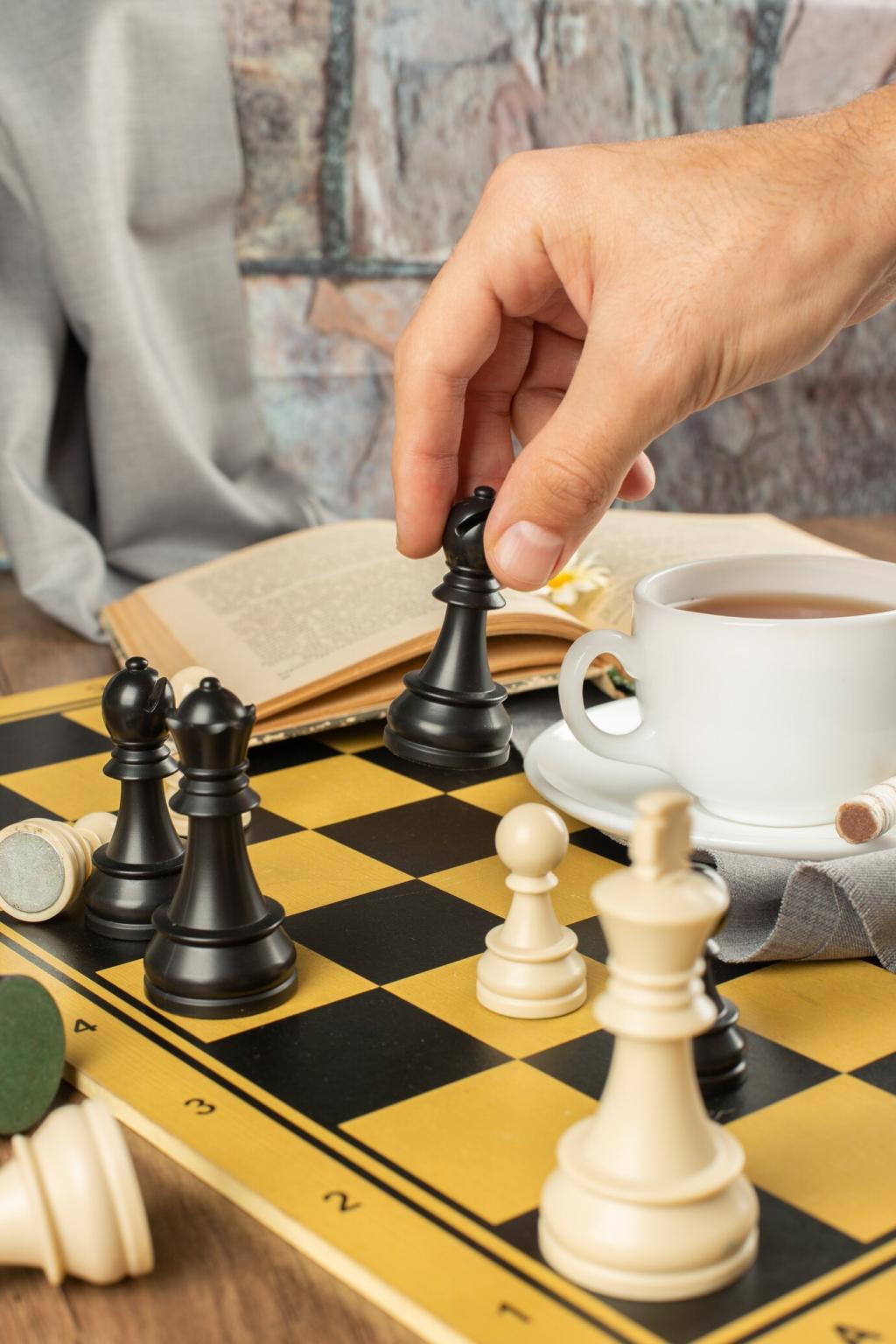Fair Play, Cheating, and Ethics in the AI Age
Anti-cheating systems analyze move-matching, time patterns, and performance spikes, but context matters and false positives can happen. Responsible moderation and transparent processes are essential. What safeguards do you find convincing? Share thoughtful suggestions—we’ll compile reader-driven best practices for clubs and tournament organizers.
Fair Play, Cheating, and Ethics in the AI Age
Arbiters use scanning, signal monitoring, and controlled rest areas to reduce risks while respecting player dignity. Balanced protocols build trust more than intrusive theatrics. If you help run events, comment your checklist and subscribe—together we can create a humane standard other communities can adopt and refine.
Fair Play, Cheating, and Ethics in the AI Age
Most players come to chess seeking challenge, beauty, and community. Pledge fair play publicly, model good behavior, and celebrate brilliant human ideas—even when engines guide preparation. Share a story of sportsmanship that inspired you, and let’s amplify it so the community keeps its heart while embracing technology.
Fair Play, Cheating, and Ethics in the AI Age
Lorem ipsum dolor sit amet, consectetur adipiscing elit. Ut elit tellus, luctus nec ullamcorper mattis, pulvinar dapibus leo.





